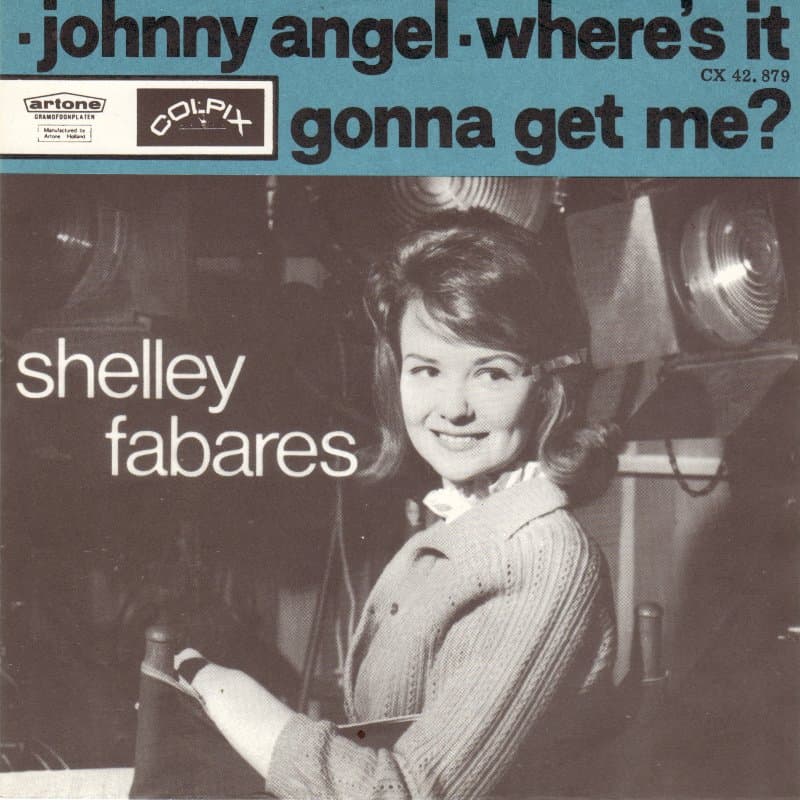
The song “Johnny Angel” emerges as a timeless tale of youthful longing and unrequited love, penned by the talented duo Lyn Duddy and Lee Pockriss. Recorded by the actress-turned-singer Shelley Fabares in the fall of 1961, it skyrocketed to the pinnacle of the Billboard Hot 100 Chart in 1962, capturing hearts across America.
This enchanting ballad spins the emotional yarn of a girl hopelessly smitten with a boy named Johnny, who remains completely unaware of her existence. Her devotion is so intense that she refuses all other suitors, holding onto the desperate hope of eventually winning Johnny’s heart.
The creative spark for this hit was ignited during an unexpected blackout when Duddy and Pockriss found themselves confined in Duddy’s apartment. Far from their usual songwriting partners, they harnessed the quiet and darkness, brainstorming a song idea borne out of longing. Duddy had originally envisioned a soliloquy titled “Seven-thirty,” depicting a person waiting every night on a corner. It was Pockriss who suggested the change to a male name, leading to the spontaneous creation of “Johnny Angel.” Duddy confessed,
“I just picked that name out of thin air. It didn’t mean anything.”
Despite their collaboration launching a chart-topping hit, the pair never teamed up again.
Shelley Fabares wasn’t initially drawn to music; she was primarily celebrated as an actress, especially known for her role on The Donna Reed Show. In a memorable episode, Fabares’ character Mary Stone abandons college plans to pursue singing, marking the perfect on-screen debut for this unforgettable tune.
Behind the scenes, the recording featured illustrious West Coast session musicians like Glen Campbell and Carol Kaye on guitar, Hal Blaine on drums, and the shimmering backing vocals of Darlene Love and the Blossoms. These musicians shaped countless iconic hits of the 1960s.
The success of “Johnny Angel” was followed by a sequel titled “Johnny Loves Me,” telling the story of how the girl finally wins Johnny’s affection. This sequel became Fabares’ last climb into the Top 40 hits, signalling the sunset of her brief but bright singing career, which concluded in 1966.
Despite her musical achievements, Fabares remained humble about her vocal abilities, revealing that the beauty of her backup singers’ voices often intimidated her. In her own words,
“The voices of my backup vocalists were so ‘beautiful’ that it frightened me to try to be a recording artist myself.”
Nonetheless, she carved out a historic moment with “Johnny Angel,” forever linking her name to this enchanting piece of pop history.
Lyrics extract:
Johnny Angel
You’re an angel to me (Sha dum da dum, sha dum da dum)
Johnny Angel (Sha dum da dum)
How I love him (Sha dum da dum)
This sweet refrain captures the innocent and dreamy spirit that made the song resonate deeply with listeners of all ages.
From a blackout brainstorming session to topping the charts, “Johnny Angel” remains a vivid reminder of the magic that can arise from a simple, heartfelt story of young love and hope.